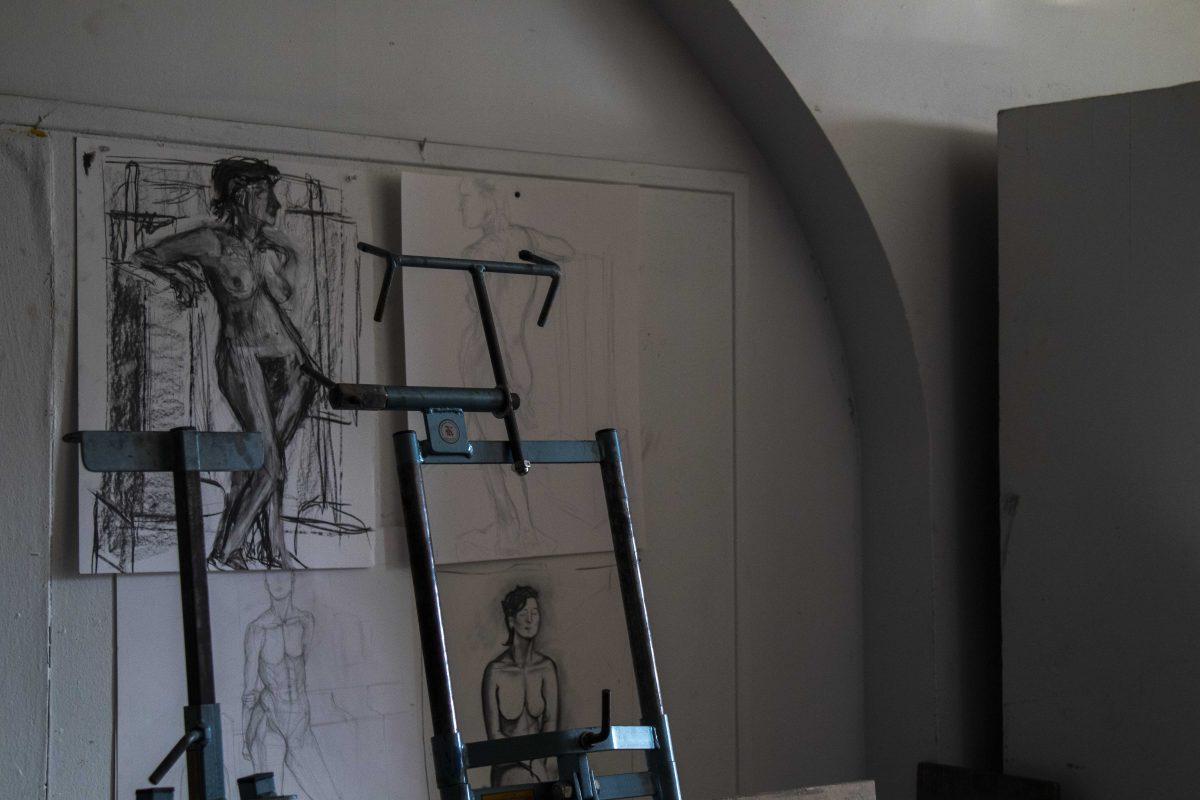The University is known for many things. Art is unfortunately not one of them.
To be clear, by no means do I intend to imply that there is nothing interesting going on in the arts on campus right now, when there certainly is.
For one, so many of the art-related student projects on campus testify to the ingenuity and resourcefulness of our student body.
Delta Journal, the University’s undergraduate literary and arts journal, is organized and operated completely by students; funding, production and distribution is a total grassroots operation and delivers with professional quality. The Musical Theatre Club is another impressive example, somehow managing to safely put on top-tier productions amid a global pandemic.
In fact, a number of towering literary and artistic figures like Robert Penn Warren, Robert Lowell and Walker Percy have called the University home.
All of this, of course, always seems to be left in the dust of sports titles and the primacy of STEM-related disciplines.
That said, our campus body’s apparent lack of interest in the arts is not anything particularly unique. I generally see it as part of a much larger, more deeply rooted tendency of American culture that I have come to bemoan.
As a practical and largely utilitarian country, often clinging to the principles of hard work and financial prosperity associated with the notorious “American dream,” our national culture seems to have neglected those essential parts of human life which may not be considered useful in the conventional sense.
It often seems as though, in America, the arts are thought to be a frivolous luxury; nice to have around, perhaps, but not essential to maintaining a healthy culture.
Many have drawn a connection between the country’s Puritan past and its contemporary aesthetic sensibility, recalling the austerity of colonial Christianity and Platonic suspicions of the arts as distracting and even morally corrupting.
In fact, I have always seen New Orleans — a city with few cultural ties to the Puritanism of colonial America — as an aesthetic oasis of sorts, a booming center for the arts amidst a sterile desert of a country (of course, there is quite a bit of hyperbole at work here).
But in a certain sense, this attitude about the uselessness of art touches on a fundamental truth. Great art is indeed useless.
Immanuel Kant argued that true aesthetic experience in the arts is predicated on a sense of pure “disinterestedness,” meaning that seeing something as beautiful implies not having a conventional use for it. It is simply good in and of itself.
I particularly love the notion of the arts as a point of access to “paradise regained,” as put forward by twentieth-century French philosopher Jacques Maritain, asserting that beautiful art puts us into direct contact with the transcendent.
If literal transcendence cannot justify greater emphasis placed fostering an art-friendly culture, I am honestly not sure what can.
If we truly want this University to be an exemplar, a beacon of general human excellence, then we need to honor and acknowledge our achievements in the arts alongside those in STEM and athletics.
Evan Leonhard is a 20-year-old English and philosophy sophomore from New Orleans.
Opinion: Acknowledging the arts essential for fostering healthy campus culture
March 9, 2021
Drawings from the Live Art class hang on the walls in Foster Hall on Tuesday, Dec. 3, 2019.





